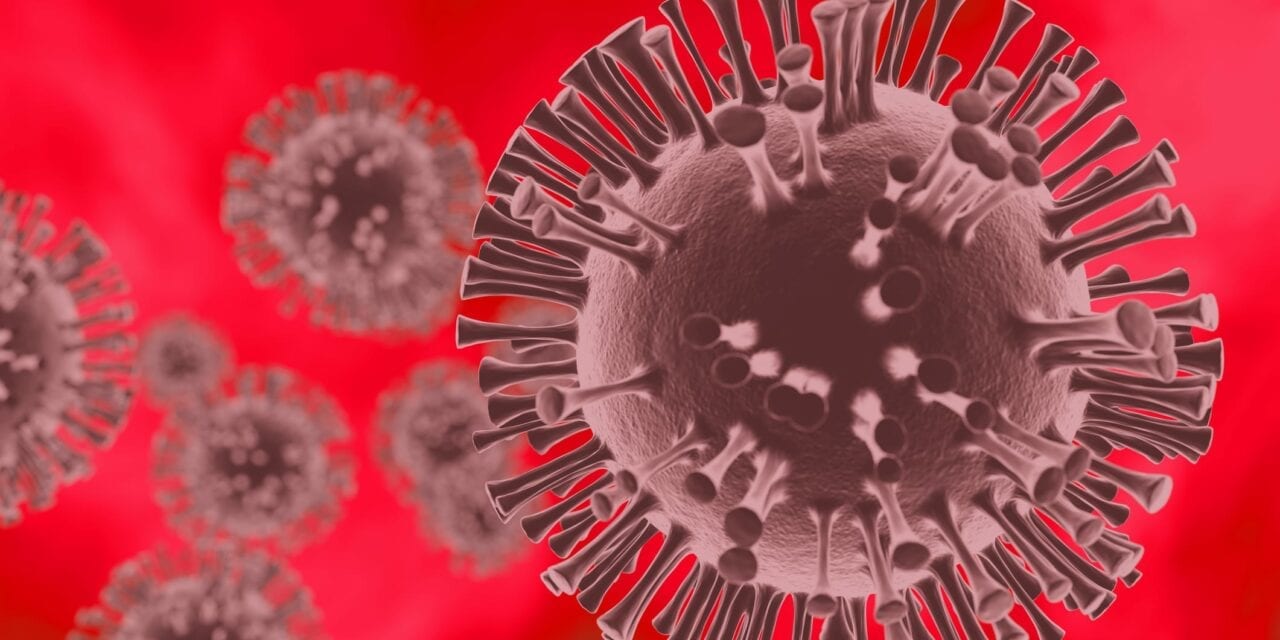Researchers at CDDEP; University of California, Berkeley; and the Government of Tamil Nadu recently published “SARS-CoV-2 infection and mortality during the first epidemic wave in Madurai, South India: a prospective, active surveillance study” in The Lancet Infectious Diseases. The study examined data from a large-scale surveillance program in Madurai, Tamil Nadu, to assess predictors of COVID-19 infection and mortality, and to probe the completeness of epidemiological reporting. The authors had previously published the largest COVID-19 contact tracing study in Science in 2020.
As of August 8th, 2021, India had reported over 428,000 COVID deaths. While this is a significant burden, it represents a lower overall fraction of fatal cases than what other settings have shown. There are few large-scale studies examining SARS-CoV-2 infection and mortality in India, and this has hindered efforts to compare COVID-19 epidemiology against observations from other settings.
Several studies across the world have reported on the predictors of COVID-19 infection and mortality among individuals. However, none differentiate the outcomes of symptomatic or asymptomatic infection, or use community-based surveillance efforts to assess predictors of infection and mortality. This study reports on comprehensive surveillance data collected from over 440,000 SARS-CoV-2 tests undertaken through clinical and community-based outreach testing during the first wave of the pandemic in Madurai, India. It characterizes differences in risk factors for symptomatic and asymptomatic infection as well as impacts of differences in India’s demographic structure on the distribution of cases (symptomatic and asymptomatic) and deaths.
Overall, the authors observed:
- Increased odds of symptomatic infection among men and older age groups and among individuals with comorbid conditions (i.e., diabetes, hypertension, and respiratory disorders). By contrast, the risk for asymptomatic infection did not differ among children and young adults but increased at ages 40 years and older.
- Older age, male sex, and a history of cancer, diabetes, chronic kidney disease, hypertension, other chronic circulatory disorders, respiratory disorders, and endocrine disorders were each independently associated with a higher risk of COVID-19 mortality.
- After age standardization, authors identified a higher risk of mortality among patients in Madurai than those in the USA, Europe, China, and South Korea, even though 63% of individuals tested in this study were asymptomatic.
- Based on the seroprevalence studies, only 1.4% of infections were ascertained by surveillance. Only 11% of deaths among individuals aged at least 15 years and older, which would be expected based on seroprevalence in Madurai and IFR estimates from other settings, ascertained by surveillance.
According to the study’s lead author, Ramanan Laxminarayan, PhD, MPH, director: “The data collection in Madurai was exceptional and permitted a study of scale and scope unlike any from other parts of the world. The findings clearly show a major role for non-communicable disease control as part of a long term Covid-19 containment strategy.”




